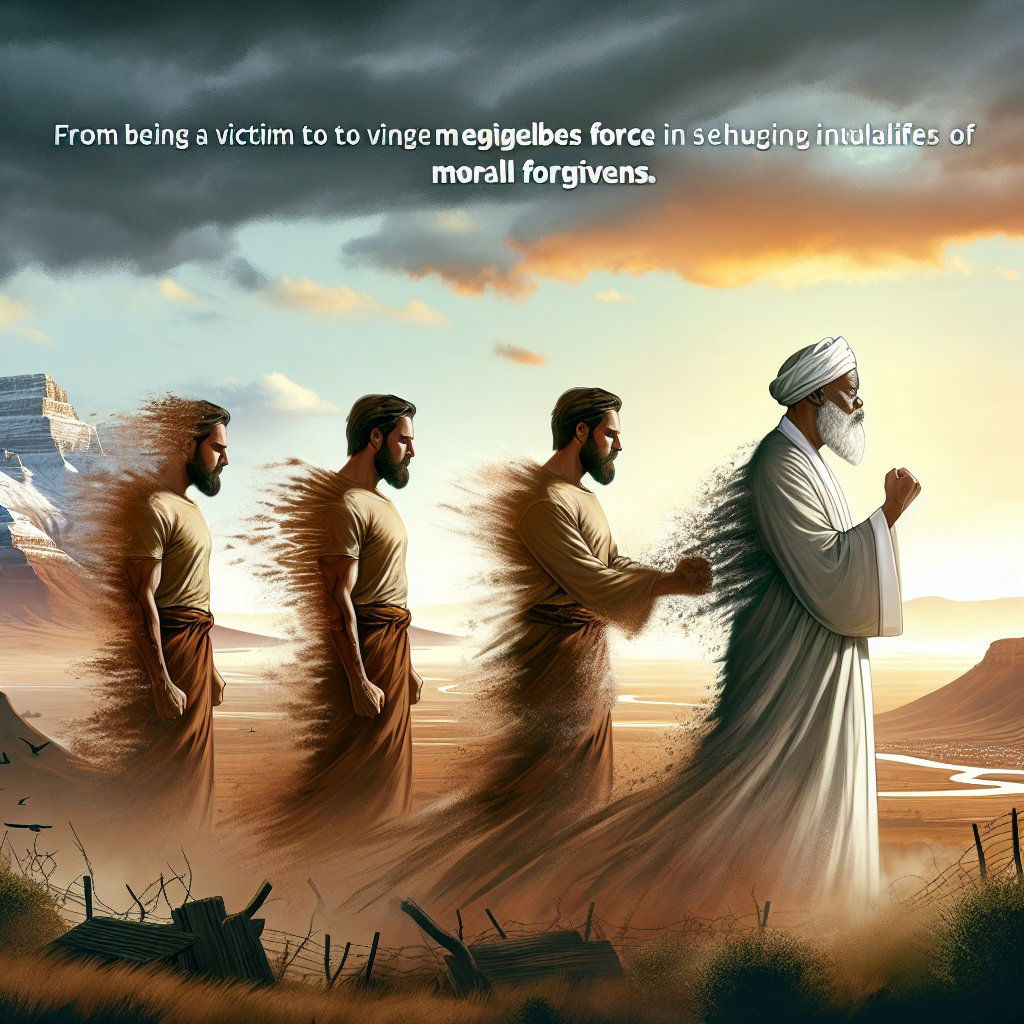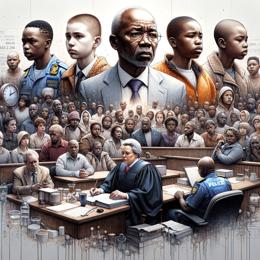Image: AI generated for illustration purposes
The Transformative Power of Forgiveness: Father Michael Lapsley's Journey
The concept of forgiveness operates on a spectrum that is as broad as it is elusive. At its core, forgiveness is a multifaceted moral transaction that not only liberates individuals but can also redirect the course of history. Nowhere is this more evident than in the reconciliation narrative of post-apartheid South Africa, a testament to the extraordinary capacity for forgiveness displayed by individuals like Father Michael Lapsley. His journey encapsulates the remarkable ability of forgiveness to reshape lives and influence global dynamics.
Father Michael Lapsley’s life is a testament to the indomitable human spirit. Having been victimized by a violent act meant to silence him—a letter bomb that took his eye and both hands—his story did not end with his injuries. Instead, just three months after the release of Nelson Mandela, Lapsley embarked on an extraordinary voyage from being a helpless victim to a formidable survivor, and ultimately, a true victor. Riding the waves of political change in South Africa, Lapsley not only recovered physically but also transformed his trauma into a tool for healing and reconciliation.
Lapsley's convictions were shaped by his unwavering dedication to the anti-apartheid movement, which ultimately made him a target. The violent attack could have sparked a journey of bitterness and revenge, yet Lapsley chose a different path. His process of forgiveness was not swift or simplistic; it was a grueling odyssey that demanded intense introspection and courage. In moving beyond vengeance, Lapsley found a profound sense of purpose. He became an emblem of triumph, suggesting not merely the capacity to forgive but also the power such forgiveness can wield to effect change.
As a chaplain, Lapsley's personal transformation has given him a unique perspective on the pastoral role. He believes that his injuries, rather than limiting him, have enriched his ability to empathize and connect with others. This empathetic connection has allowed him to guide countless others through their own heavy fog of resentment and pain, aiding in their pursuit of peace and inner liberation.
Lapsley’s tale is a striking example of the paradox of forgiveness: it frequently requires the forgiven to exhibit great strength and the forgiver to display even greater magnanimity. The realm of forgiveness intersects various aspects of our lives—emotional, psychological, and spiritual. Lapsley’s experience underscores the multilayered nature of this moral action and its significance in personal healing and broader societal transformation.
His ability to forgive and transcend his own suffering catalyzed a movement beyond the personal. By sharing his story and working with others who have been affected by violence and tragedy, Lapsley has contributed to the collective healing of a nation fraught by the scars of apartheid. His life serves as a powerful reminder that the act of forgiving is as much about the forgiver as it is about the forgiven. It embodies the quintessential human capacity to evolve, to find meaning even in the darkest corridors of our history.
When extending the concept of forgiveness to world affairs, we can witness its profound impact. The legacy of Nelson Mandela demonstrates how embracing forgiveness can pave the way for reconciliation and democratic transformation. The juxtaposition of these two figures—Mandela, the national leader, and Lapsley, the personal symbol of forgiveness—speaks to the versatility and omnipresence of forgiveness in shaping societies.
The ripple effects of such powerful examples of forgiveness are far-reaching. They challenge individuals and communities to reconsider their own perspectives on past wrongs and present conflicts. The overarching lesson is resilience and humanity’s ability to reclaim their destiny even after the gravest of wrongs. Father Michael Lapsley may no longer have the hands he was born with, but through forgiveness, he grips the hearts and minds of those who seek hope and renewal in a fractured world.










